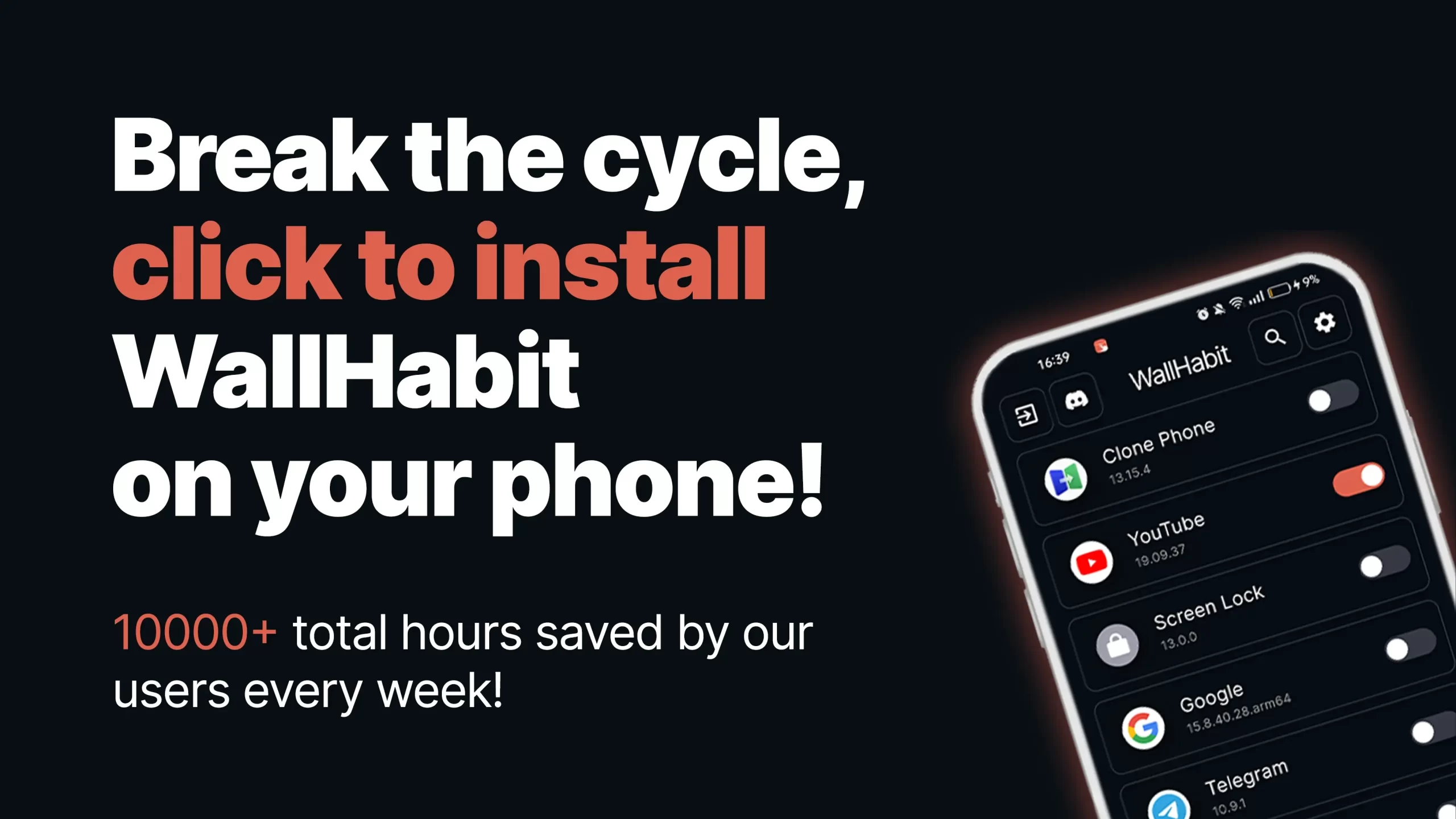In today’s hyper-connected world, we are constantly bombarded by notifications, messages, and an endless stream of information. Many of us feel overwhelmed by the sheer volume of digital noise. That’s where the concept of an “Offline Day” comes in. It’s a day dedicated to disconnecting from the digital world and reconnecting with ourselves and the physical world around us.
What is an Offline Day?
Definition and Meaning
An Offline Day is a day when you intentionally refrain from using digital devices like smartphones, computers, and tablets. This means no social media, no emails, and no browsing the internet. The idea is to take a break from the constant connectivity and give your mind and body a chance to relax and rejuvenate.
An Offline Day is not just about turning off your devices; it’s about creating a space where you can focus on activities that bring you joy and peace. It’s a time to engage in hobbies, spend time with loved ones, and be present in the moment without the distraction of screens.
Benefits of Taking an Offline Day
Taking an Offline Day has numerous benefits. Firstly, it can significantly reduce stress. Constant notifications and the pressure to stay connected can be overwhelming. By taking a day off from these distractions, you give your mind a chance to rest and recharge.
Another benefit is improved mental clarity. When you’re not constantly switching between apps and tasks, your brain can focus better on the present moment. This can lead to increased productivity and creativity in the long run.
Physical health can also improve. Without the temptation to stay glued to a screen, you’re more likely to engage in physical activities, whether it’s going for a walk, exercising, or simply stretching. This can reduce the risk of health issues associated with prolonged screen time, such as eye strain and poor posture.
How to Prepare for an Offline Day
Planning Activities
Preparation is key to a successful Offline Day. Start by planning activities that you can enjoy without digital devices. This could include reading a book, cooking a new recipe, playing a board game, or spending time outdoors. Having a list of activities ready can help you avoid the temptation to reach for your phone out of boredom.
Consider involving friends or family members. Doing activities together can make the day more enjoyable and can also serve as a support system to help each other stay offline. Plan a picnic, a hike, or a visit to a local museum. These shared experiences can create lasting memories.
What to Avoid During an Offline Day
While the main goal is to avoid digital devices, it’s also important to steer clear of activities that might indirectly lead you back to screens. For instance, avoid going to places where you might be tempted to take pictures for social media. Instead, focus on fully immersing yourself in the experience.
Also, try to avoid talking about digital topics. Conversations about the latest social media trends, tech news, or online gossip can easily lead to a desire to check your phone. Instead, talk about your offline experiences, personal interests, and hobbies.
Activities to Do on an Offline Day
Outdoor Activities
Spending time outdoors is one of the best ways to make the most of your Offline Day. Nature has a calming effect on the mind and body. Go for a hike, visit a park, or simply take a walk around your neighborhood. Fresh air and natural scenery can help reduce stress and improve your mood.
If you’re into sports, consider playing a game of soccer, tennis, or basketball. Physical activity not only benefits your health but also provides a fun and engaging way to pass the time. Gardening is another great outdoor activity that can be both relaxing and rewarding.
Creative Activities
Engaging in creative activities can be a great way to spend your Offline Day. Drawing, painting, or crafting can help you express yourself and relieve stress. If you enjoy music, consider playing an instrument or listening to your favorite albums without the distraction of a screen.
Writing is another excellent creative outlet. Whether you prefer journaling, writing poetry, or working on a story, putting your thoughts on paper can be therapeutic. Try cooking or baking a new recipe. Not only will you get to enjoy a delicious meal, but the process can be a fun and rewarding experience.
Relaxation Activities
An Offline Day is the perfect opportunity to relax and unwind. Practice mindfulness or meditation to center yourself and reduce stress. Yoga is another great way to relax while also benefiting your physical health.
Consider spending some time with a good book. Reading can transport you to different worlds and provide a much-needed escape from the digital world. Taking a long bath or visiting a spa can also be incredibly relaxing and help you feel pampered and refreshed.
Testimonials
Many people who have tried Offline Days report feeling more relaxed and focused. John, a software developer, shares that after implementing a weekly Offline Day, he feels more productive and creative during the rest of the week. Sarah, a busy mom, found that Offline Days helped her reconnect with her family and enjoy quality time without the distraction of screens.
These success stories highlight the positive impact of taking a break from technology. Whether it’s improved mental clarity, better relationships, or increased productivity, the benefits of Offline Days are evident from those who have experienced it firsthand.
Tips from Those Who Have Tried It
Those who have successfully incorporated Offline Days into their routine have valuable tips to share. One common suggestion is to start small. Begin with a few hours of being offline and gradually increase the duration as you become more comfortable with the idea.
Another tip is to set clear boundaries. Let friends, family, and colleagues know about your Offline Day in advance so they understand why you might not respond immediately. This can help manage expectations and reduce the pressure to stay connected.
Frequently Asked Questions
How Often Should I Have an Offline Day?
The frequency of Offline Days can vary based on personal preference and lifestyle. Some people find that once a week is ideal, while others might prefer once a month. The key is to find a balance that works for you and helps you feel rejuvenated without causing stress or inconvenience.
What If I Need to Use Technology?
While the goal is to avoid digital devices, there might be situations where using technology is unavoidable. In such cases, try to minimize your usage and focus on essential tasks only. For instance, if you need to make a phone call or send an urgent email, do so quickly and then return to your Offline Day activities.
Conclusion
Taking an Offline Day can be a transformative experience. By intentionally disconnecting from the digital world, you create space to reconnect with yourself and those around you. Whether it’s through outdoor activities, creative pursuits, or simply relaxing, an Offline Day offers numerous benefits for your mental, physical, and emotional well-being.
Consider giving it a try and see how it can positively impact your life. Remember, the key is to start small and gradually build up to longer periods of being offline. With a little planning and a positive mindset, an Offline Day can become a cherished part of your routine.

